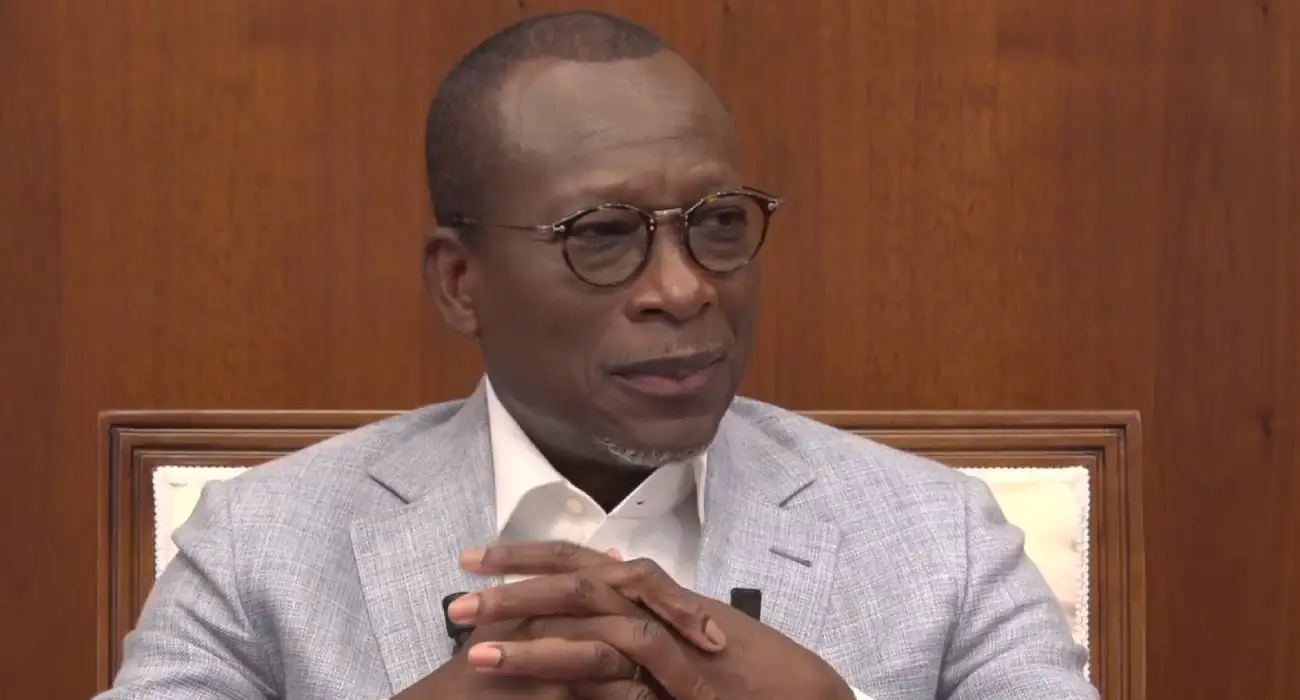Benin: government, Parliament and Economic and Social Council gather for tripartite seminar under Talon’s leadership
On Friday, May 30, 2025, President Patrice Talon hosted an unprecedented tripartite seminar at the Marina Palace, bringing together members of his government, the National Assembly, and the Economic and Social Council (CES). The objective: to equip the CES with an ambitious roadmap aligned with its expanded mandate and renewed purpose.

SUMMARY
Long regarded as a discreet advisory body with limited influence on national decision-making, the CES is now being repositioned at the heart of Benin’s public governance architecture. President Talon aims to transform it into a key player capable of enhancing policy effectiveness by relaying citizens’ concerns to the state.
“The Economic and Social Council must now help ensure that the population understands and takes ownership of the laws, regulations and decisions of the Republic’s institutions,” Talon stressed during his address.
The seminar marks a pivotal stage in the institution’s transformation. The seventh term of the CES—dubbed a transitional mandate—was inaugurated by the head of state on February 24, 2025. This new mandate includes broader responsibilities for social mediation, strategic analysis, and civic monitoring.
A new think tank for public dialogue
Speaking at the seminar, National Assembly President Louis Vlavonou emphasized the CES’s emerging role as a space for consensus-building and strategic thought:
“What is expected and hoped from the Economic and Social Council is that it becomes a forum, a laboratory for reconciling the views of professional sectors with the general interest.”
To that end, participants recommended that the CES launch public surveys, host academic conferences, and commission expert studies. These efforts aim to feed strategic thinking and support government institutions in shaping effective public policies.
CES President Conrad Gbaguidi called the event a “foundational moment” for redefining inter-institutional collaboration. “This is a historic opportunity to redefine relationships between institutions,” he said, describing the new approach as a path toward deeper complementarity and impact.
“This initiative will enhance the relevance and influence of the CES in policy development and institutional support,” Louis Vlavonou added.
The seminar reflects the government’s broader ambition to build a more inclusive, consultative, and data-driven governance model. As it evolves into a bridge between citizens, experts, and policymakers, the CES is poised to become a central hub in Benin’s democratic architecture.


Comments